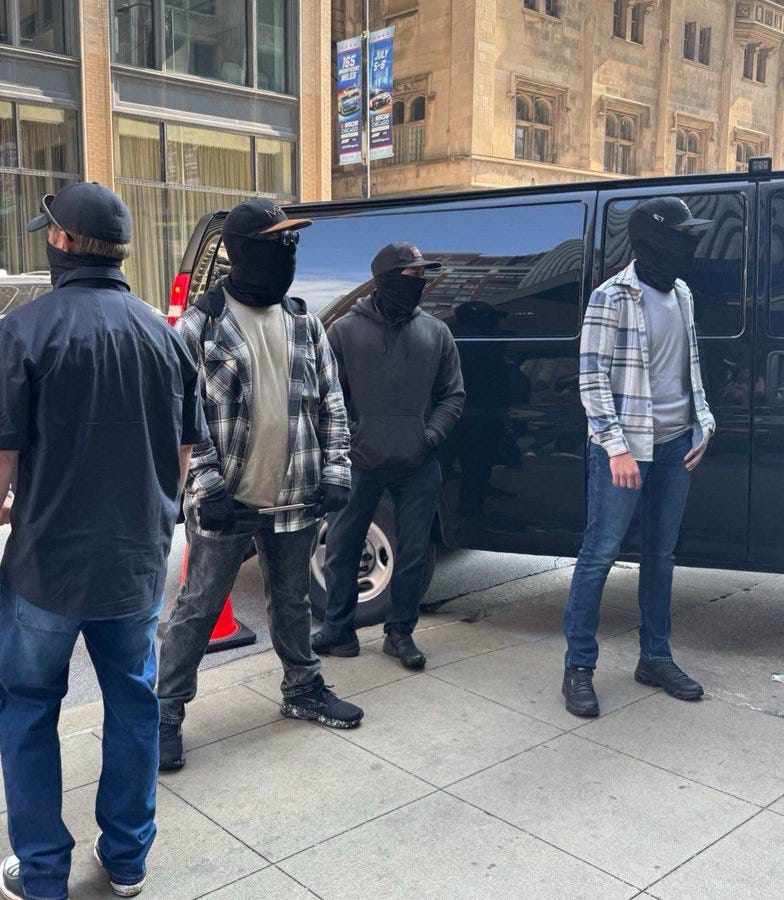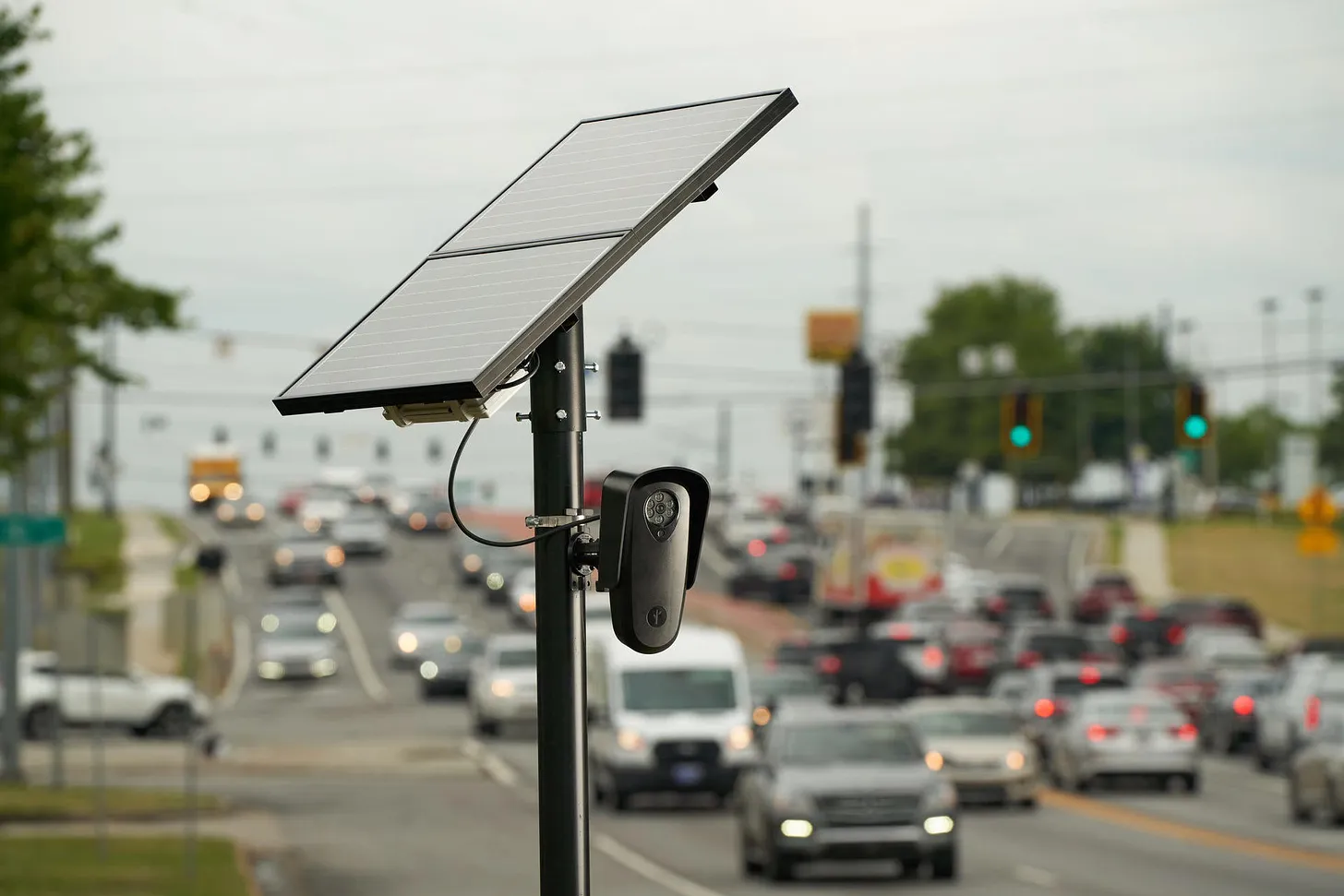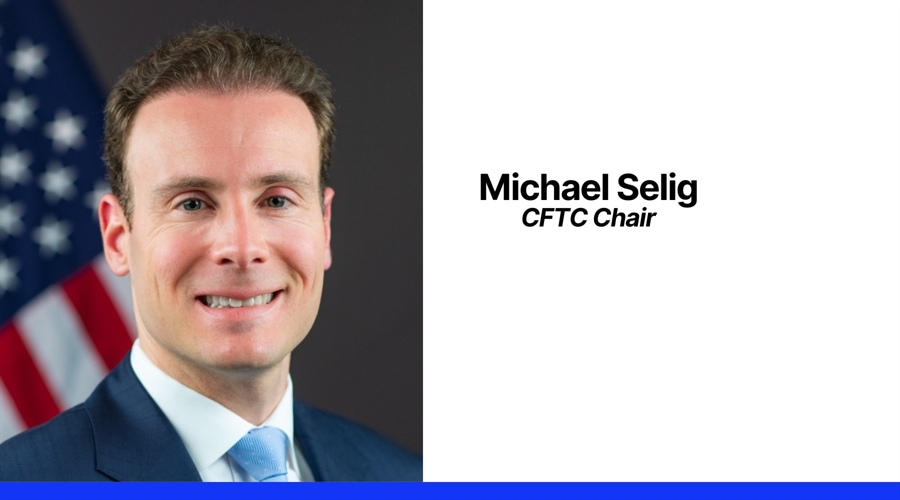Yves here. BWAHAHA. There is so little good news on the mass surveillance that every win ought to be celebrated. And the precedent here is important if it holds. The cities affected by the setback to Flock using license plate reading as a pretext for pervasive visual data hauling seem not to be willing to bet on an appeal succeeding. Enjoy the schadenfreude of the rapid retreat. If we are really lucky, Flock will suffer irreparable financial damage.
By Thomas Neuburger. Originally published at God’s Spies
This is a tale of Flock cameras, something you may never have heard about. Flock cameras are sold to the gullible and the complicit as simple “license plate readers.” Flock cameras are designed to watch cars. For safety, of course. Because crime. But they are much more.
Spyware Supreme
The theory is this:
Flock Safety, a fast-growing startup that helps law enforcement find vehicles from fixed cameras, has released a slew of new features meant to make it easier for users to locate vehicles of interest.
Overall, the moves push the company’s software in the direction of giving police the ability to search for vehicles using whatever cameras are at their disposal — a security camera at an ATM, a homeowner’s Ring doorbell, even a photo somebody took on their cellphone. The company’s new Advanced Search package — which costs between $2,500 and $5,000 a year, depending on how many of Flock Safety’s cameras the agency operates — includes a feature that allows users to upload a picture of a vehicle from any source and then perform a search to see if any of the company’s cameras have seen it.
It doesn’t just search for license plates, either. The company has designed its software to recognize vehicle features such as paint color, type of vehicle and distinguishing features such as roof racks.
The tell is in the name: Flock Safety. Because “keeping you safe” is the reason for every intrusion. As one police-oriented site puts it (note: “you” here is the cops):
7/10 crimes are committed with the use of a vehicle. Capture the vehicle details you need to track leads and solve crime. Flock Safety’s patented Vehicle Fingerprint™ technology lets you search by vehicle make, color, type, license plate, state of the license plate, missing plate, covered plate, paper plate, and unique vehicle details like roof racks, bumper stickers, and more.
The reach is stunning in breadth. Flock captures everything it sees. Everything. Not just vehicles. People. Everything.
Think that’s a problem? So does a Washington state judge, who ruled that the sweep is so great that its data is a public record. Public means open to all.
That freaked out so many towns that the company is starting to lose contracts.
Across the United States, thousands of automated license plate readers quietly watch the roads. Some ride along in police cruisers [note: unrelated link, but a helluva story], others perch on telephone poles or hang above intersections, clicking away as cars glide past. They record everything in sight, regardless of who’s behind the wheel.
It’s a vast, largely invisible network, one that most people never think twice about until it makes the news.
Well, it turns out that those pictures are public data, according to a judge’s recent ruling. And almost as soon as the decision landed, local officials scrambled to shut the cameras down.
The tale behind the case is interesting:
The ruling stems from a civil case involving the Washington cities of Sedro-Woolley and Stanwood. Both sued to block public records requests filed by Oregon resident Jose Rodriguez. He works in Walla Walla and sought to access the images as part of a broader inquiry into government surveillance.
Judge Elizabeth Yost Neidzwski sided with Rodriguez, concluding that the data “do qualify as public records subject to the Public Records Act.”
The decision immediately led both cities to deactivate their Flock systems. Flock cameras are mounted along public roadways and continuously photograph passing vehicles, including occupants, regardless of whether any crime is suspected.
Concerns about privacy are central to the case. City attorneys, defending against Rodriguez’s suit, said releasing the data would compromise the privacy of innocents. But they saw no problem with the government keeping the same data.
Privacy for Me, Surveillance for Everyone Else
This gets us to the central problem of today’s surveillance state. No one running the cameras wants to be observed. One reason that city officials object to releasing Flock data, for example, must that they themselves are among the recorded. The cameras are on them too; they too can be tracked. Everything means everything for these everywhere cameras.
The rich want to hide their crimes (hello, Mr. Epstein’s friends), ICE wants to mask its thugs. Billionaires think you have no business in their affairs.

Yet they want to have every right to be deep into yours. Look at the ICE agents above. Then consider that one of the uses of Flock is to help ICE do what it doesby stripping the whole world naked as much as it can.
Or consider the trick used by cities like Eugene OR to hide the Flock cameras from view so they could record without them being unobserved.
Or that Congress had no problem at all with domestic spying, until they were the spied upon. Here Feinstein makes, ahem, the constitutional argument.
Irony much?
There’s more to be said, but I’ll leave it there for now. The revolt against Flock is spreading. Stay tuned.

This entry was posted in Guest Post, Legal, Politics, Surveillance state on November 15, 2025.
Post navigation

























